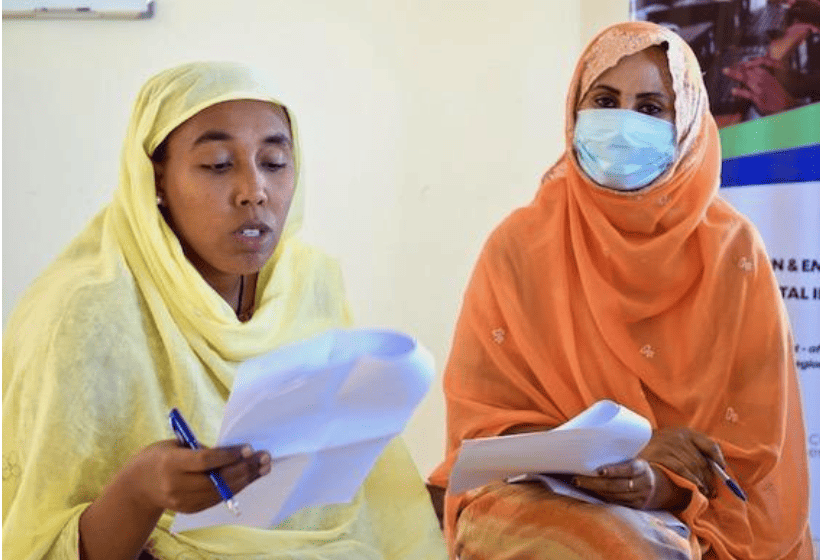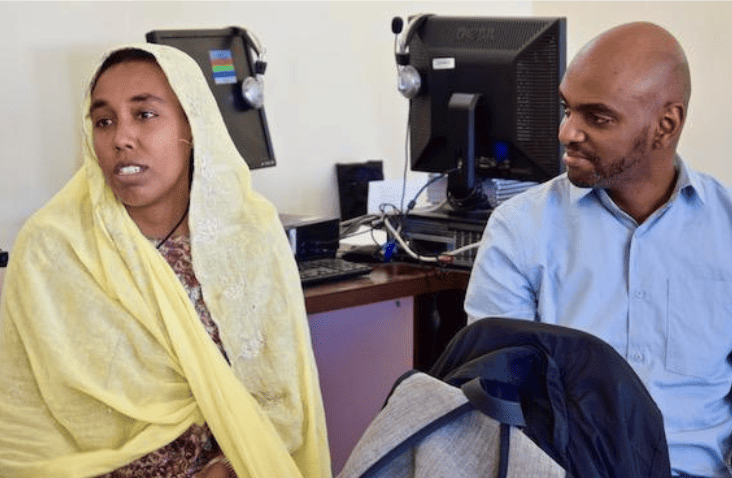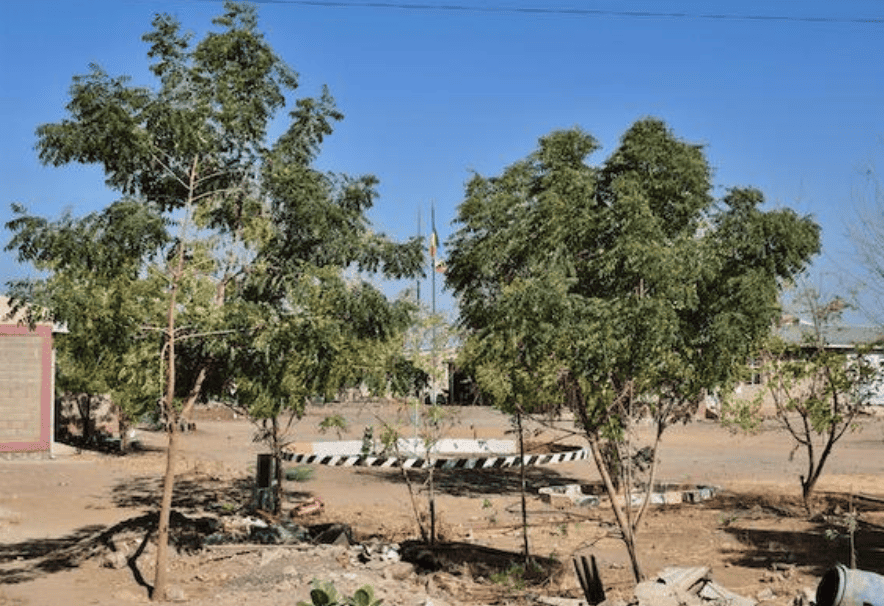Educating the Whole Family
Camara Education Ethiopia, in collaboration with the Ethiopian Ministry of Education and British Council Ethiopia has installed e-learning labs in seven schools in Afar province and 14 in Amhara. Each computer is stocked with resources and programmes that work off-line.
The labs aim to build skills and confidence for female students. Gender and girls’ club members will be prioritised for using the labs and teaching their peers, raising both their status in the community and achievement levels.

“If the girl is educated, the whole family is educated”
Kidist Mulat
Kidist Mulat leads the gender club in Semera Girls’ Boarding School. This large, clean, well-organised school sits on the outskirts of Semera, the capital city of Afar. Students in Kidist’s school come from the whole Woreda. Though the school is only for girls, they still face many cultural challenges due to their gender.
There are a lot of cultural challenges around our school due to gender. The culture is that the parents will give their female children for marriage early and then they may also have a child too early. The families will arrange this without the daughter knowing. Then they will stop school.
Kidist explained how female students are eager to join gender club seeking their support if they face early marriage. Semera Girls’ Boarding School accepts students from grade five to ten. Students in their gender clubs are high achievers, “Because, they have the capacity to share ideas with their communities and change the feeling of their local culture”.
A Nurturing Community
The students in Kidist’s school form a close-knit supportive community. They may arrive with different mother tongues but learn English and Amharic, “They sleep here and talk together in the dorms and other communal areas.” Visitors are not usually allowed inside the compound, and if they come are met only at the gate.
If a student is unwell ‘student police’ support them, checking on them and finding out the issue. There is an open approach to consequences of periods, with sanitary towels provided. For discipline issues students may be asked to take on garden watering tasks.
The school wants to build the confidence and strength of female students. Along with this close supportive environment female role models are invited in to share experiences. The gender club leads these activities and is vital to helping students through issues they face from families and the community.
If the students have family nearby who want to make their girls have an early marriage the gender club will invite them into the school, encourage them to change their mind and explain why this should not happen. They even took one family to court to stop an early marriage.

Educating the next Generation
Kidist thinks the main priority for education should be raising access to technology, “It’s a big chance for us to show the wider process of technology to our students”. But her concerns about female students accessing education remain. The answer, she believes, lies with the influence of religious leaders.
We need to raise the awareness of religious leaders about the use of education and learning for girls. It’s the female student who will become the child bearer and have a family. If she’s educated her whole family and the next generation will also be educated. The society in Afar accepts the opinions and words of religious leaders more then the government.

Learning through Technology
Students who arrive from rural communities might not have had any exposure to technology. The school had very few computers before the new e-learning lab, not enough for the students to use themselves.
We learn through paper and blackboards now. But using computers motivates students; they have much more interest in using digital media. They learn more in a short time when using computers and phones. They can work for hours, much longer than when they use traditional materials.
Kidist sees digital literacy as adding value throughout her students’ lives. “Alongside their education they can work – they can do administrative tasks, becoming experts and working alongside their education.”
Technology also helps their family see their skills and think of them as valuable. It makes their academic performance greater and society sees their skills and values them.
Supporting Dreams
Kidist’s view reaches much further than the school walls. “I want to make society aware of the value of education, especially the community outside of the town.”
If the girl is educated, the whole family is educated; she will look after her children well and send her daughters to school. If she is aware of education she can stop her daughters from being victims of FGM. One educated female means four to five educated people in the family.
Kidist’s dream for others is reflected in her personal aims “I want to keep being educated, I want to achieve a doctorate. I want to help others through this especially in the rural areas”. She believes education is a right for everyone, and students should be fully supported to follow their dreams too. Empowering female students through digital literacy is one large step towards this.
My dream is seeing my students reach the top level of achievement in their whole lives. That would make me very happy. To reach their full potential in life, work, family and health.

